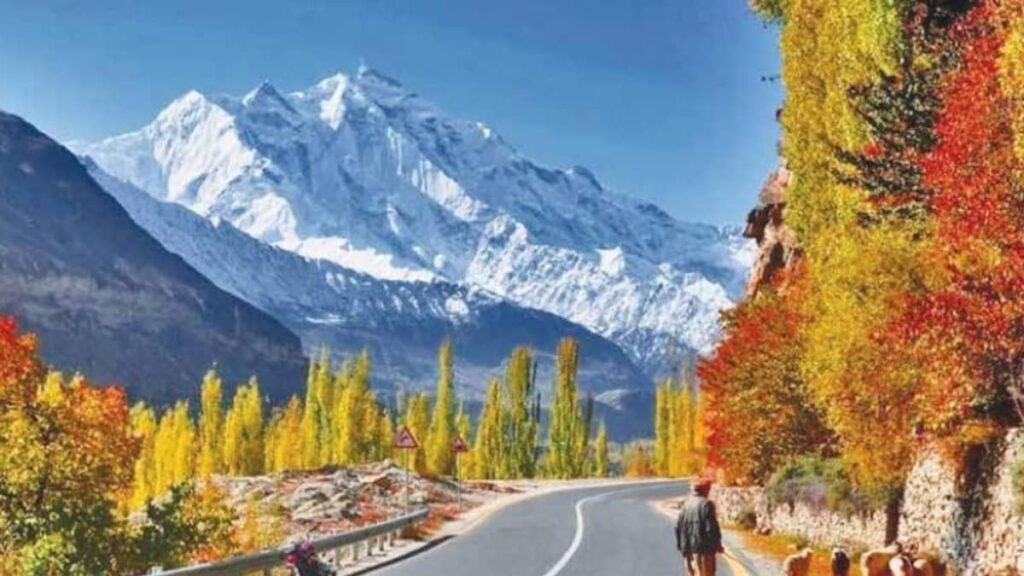Gilgit-Baltistan (GB) has earned a spot on CNN’s list of the top 25 must-visit destinations for 2025, as highlighted by the US-based broadcaster. Known for its breathtaking peaks, GB attracts thousands of tourists and foreign climbers each year for expeditions, paragliding, and other adventure activities.
CNN Travel, in its list published Wednesday, described the Gilgit-Baltistan region in the Karakoram Mountains as a place of unparalleled natural beauty, despite its challenges in accessibility, such as unreliable flight schedules and seasonal road closures. “It has more tantalizing peaks than a lemon meringue pie,” the article notes, emphasizing the region’s five “eight-thousander” peaks, including K2— the world’s second-highest mountain and renowned for its difficulty and danger.
The report adds that hiking in GB is an experience that “makes the Himalayas look like a traipse in Central Park,” though it stresses that traveling alone in the region is not advisable.
GB remains a hotspot for mountaineers, with over 1,700 foreign adventurers applying for climbing permits in 2024. Among them, 175 climbers sought permits to summit K2 during the summer, according to government officials.
Sajid Hussain, Deputy Secretary of the GB Tourism Department, revealed in July 2024 that the region’s adventure tourism was thriving, with many climbers receiving permits while others were still in the approval process.
In addition to mountaineering, July saw four climbers, including two Pakistanis, reach the summit of Nanga Parbat (8,125 meters). The successful expedition team included members from Nepal and Pakistan, marking a significant achievement for the country’s mountaineering community. Similarly, in late July, 11 climbers, including a three-member Pakistani team, successfully summited Gasherbrum II despite challenging weather conditions.
Pakistani mountaineering made further strides as the Prime Minister’s aide on climate change, Romina Khurshid Alam, announced plans to establish a world-class mountaineering school in GB. The school aims to promote sustainable and environmentally-friendly climbing while equipping climbers with essential skills. It also seeks to create new job opportunities for local communities and foster respect for the region’s environment and culture.


